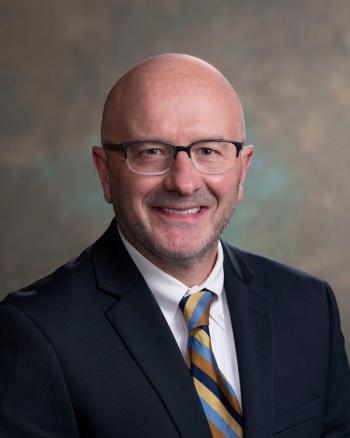
Why physicians need more sleep in 2021
This year, you need more sleep. With the coronavirus dominating headlines and physicians always encouraging us to be physically active and eat healthy, it’s easy to forget the benefits of getting a good night’s sleep.
This year, you need more sleep. With the coronavirus dominating headlines and physicians always encouraging us to be physically active and eat healthy, it’s easy to forget the benefits of getting a good night’s sleep.
Sleep remains an essential lifestyle pillar for human health. A pillar we cannot afford to not reinforce and emphasize. We require sleep for many
When I was in high school between my science classes, track practices, and piano lessons, I remembered that there was absolutely no time to sleep. I felt I “needed” to be available for my extracurricular activities in addition to my main classes. My future needed me to perform. Every minute I could gain by not sleeping was another minute I could use to study and get ahead. The cycle repeated itself into my medical residency where working long shifts was the norm and sleeping was considered an afterthought. My patients needed me to show up for them. Sleep for a physician (or anyone else) is rarely a priority. Prior to 1984 and the famous Libby Zion’s case, there were no talks of restricting medical shift hours. It was not until 2003 that the ACGME announced an 80-hour workweek across all specialties. So, why has sleep been underrated and why do we avoid it so much? How can we improve it?
According to Dr. Beth Frates, a lifestyle medicine specialist, sleep is a foundational pillar for our health and is a complex physiological process of restoration and renewal for the body. Regardless of age, most organizations recommend a minimum of seven hours per night. For those 17 years and older, the National Sleep Foundation recommends seven to nine hours per night. Many teenagers, and at times the general populace, suffers from FOMO, “the fear of missing out.” Dr. Andrea Matsumura, a sleep medicine specialist, says that society convinces us that it is okay to not sleep. This also creates unrealistic expectations for our children, especially surrounding their studies. On my podcast
Sleep deprivation has long term health effects. Not only does it negatively impact all 11 systems of the body, but it has also been shown to increase the risk of early death by 12%, according to Dr. Frates, thereby decreasing our quality of life. Increased sleepiness, in addition to decreased short term memory and task performance, also lowers driving performance. A night without sleep can be as bad as driving legally intoxicated. In 2015, there were 2.9 vehicular crashes due to drowsy driving documented for every 100 million miles according to the National Automotive Sampling System. Furthermore, common sleep disorders such as insomnia, restless leg syndrome, and sleep apnea plagues 50 - 70 million Americans in addition to other sleep disorders. I asked Dr. Tate what the most common misconception about sleep was and she mentioned that “…snoring is not normal. When air is having any trouble or narrowly getting down, that’s when snoring will happen. Snoring can be a sign of obstructive sleep apnea.” Dr. Tate recommends that if you or your partner have snoring issues, it is best to address them with your primary care doctor.
For this upcoming year, I think it is a good reminder that we need to encourage ourselves that we can decrease a lot of health complications by getting more quality sleep. Here are some best practices:
- Keep the bedroom your sanctuary, reserving it for sleep and sex.
- Prioritize your sleep and make a bedtime routine prior to midnight and stick to it.
- Keep the room pitch dark and relatively cool.
- Avoid eating and heavy exercise right before bed.
- Limit coffee and other stimulants to the morning as opposed to later in the day.
- Power down screen time before bedtime preferably one to two hours before bedtime.
- If you need a nap, limit it to no more than 30 minutes.
- When in doubt about your sleep, consult your regular physician.
About the Author
Colin Zhu, DO, is a traveling physician who is board certified in family practice and lifestyle medicine. He has practiced as a
Newsletter
Optimize your practice with the Physicians Practice newsletter, offering management pearls, leadership tips, and business strategies tailored for practice administrators and physicians of any specialty.






